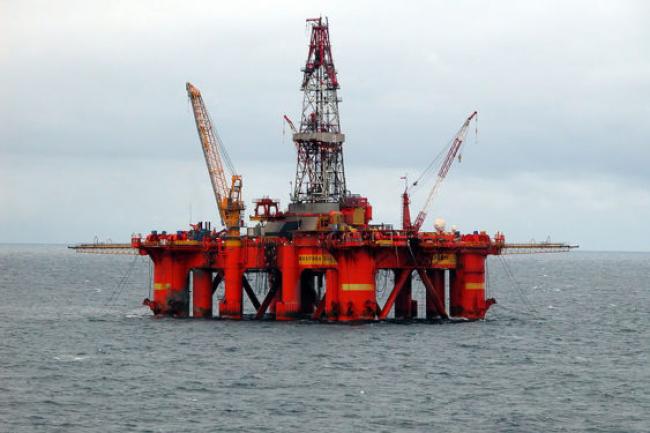Articles Menu

Oct. 31, 2022
The world’s seven biggest oil firms are projected to reap gargantuan profits of US$173 billion this year, leading to fresh calls for windfall taxes on a sector that has thrived after Russia’s war in Ukraine led to sky-high fuel prices.
Last week, London-based Shell reported US$9.45 billion in profits for 2022’s third quarter, its second-highest profit on record, while Paris-based TotalÉnergies reported US$9.9 billion. In the United States, Chevron’s US$11.2-billion quarterly profit soared past estimates, whilecolossal fossilExxonMobil reported US$20 billion in profits, $4 billion higher than forecasts.
While the United Kingdom and the European Union have established windfall taxes to help subsidize the soaring costs of energy, and campaigners have called for similar measures in the U.S., the Guardian says Shell will pay no such tax on its bumper 2022 earnings. That’s because “its British corporate entity did not make any profits during the quarter, in part because of heavy spending on drilling more oil in the North Sea.”
Instead, like other fossils elsewhere, the oil giant will hand back money to shareholders by raising dividends and buying back shares.
“The cash machines are whirring at oil giants, but the money is being sent to shareholders rather than households,” the Guardian wrote in a separate editorial, a notion that is “ludicrous” given that UK residents are “trapped between a cost of living crisis and a looming climate disaster.”
UK Prime Minister Rishi Sunak introduced the windfall tax in May—back when he was Chancellor of the Exchequer—to raise the money needed to help households with energy bills. The treasury was anticipating an equivalent of roughly US$8 billion in the first year alone, says the Guardian. But since the windfall tax applies only to subsidiaries extracting oil in the UK or on its continental shelf, some companies like Shell stand to pay nothing, leaving untouched the “enormous” profits from their refineries, trading companies, and gas stations.
Plus, fossil companies can use strategies to minimize their exposure to the tax. With the Sunak scheme offering oil companies 91 pence of tax relief for each pound they spend on North Sea extraction, “operating companies that invest heavily in North Sea production can be loss-making even as other parts of their parent companies rake in billions of pounds,” the Guardian explains. “Shell’s UK extraction arm has not made a profit since 2017.”
The situation shows just how badly the energy profits levy needs to be overhauled, said Mathew Lawrence, director of the Common Wealth think tank. “Rishi Sunak should show he gets the scale of the crisis he has inherited—and helped create,” Lawrence said.
The fix, says Ed Miliband, Labour’s Shadow Secretary of State for Climate Change and Net Zero, is a “proper windfall tax” that would help fund the UK’s energy price freeze.
Uplift founder Tessa Khan told the Guardian that Sunak’s subsidy encouraging offshore drilling will do nothing to lower bills, but will instead block cheaper sources of renewable energy like wind and solar “that will bring our bills down forever.”
The drilling subsidy is worth an annual £25 billion (C$39.3 billion), which could fund infrastructure for enough wind farms to power seven million homes in the UK, said renewable energy lobby group Energy UK.
One way to lend the windfall tax some teeth would be a new tax on share buybacks, which could raise billions for the UK, according to analysis by Common Wealth and the London-based Institute for Public Policy Research (IPPR). Applied to companies listed on the Financial Times Stock Exchange (FTSE), it “could generate £11 billion (C$17.3 billion)—with Shell and BP alone making up nearly half that figure,” notes the Guardian. Shell’s recent announcement that it will buy back another US$4 billion of shares puts its total repurchases for the year at US$18.5 billion, a sum the UK government should target for taxes, IPPR says.
In the U.S, President Joe Biden has pushed oil companies to reinvest their record profits in production and refining to help reduce gas prices, reports the New York Times. “You should not be using your profits to buy back stock or for dividends,” Biden recently said.
But that is exactly what oil executives have been doing, says the Times. “The companies and their Wall Street investors have been giving priority to dividend increases and stock buybacks rather than following their past practice of pushing production when prices are high, only to force prices down and reduce profits.”
According to the International Energy Agency, the net income for the world’s oil and natural gas producers is set to double in 2022 from 2021, to a new high of $4 trillion, the Times reports.